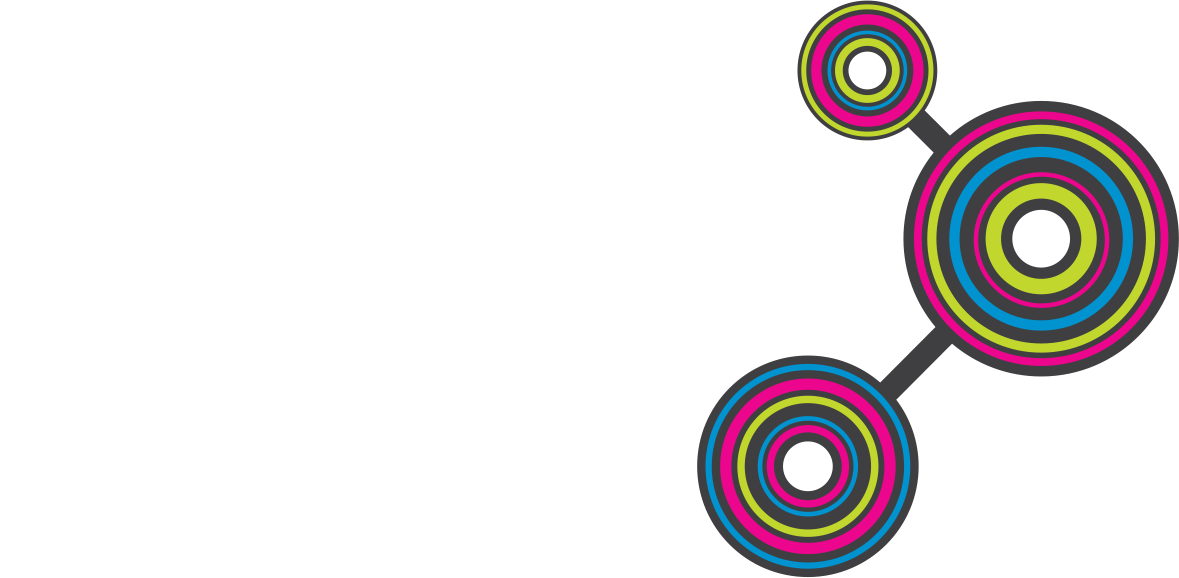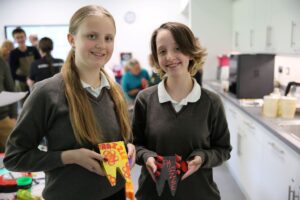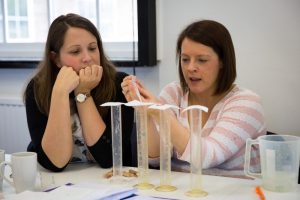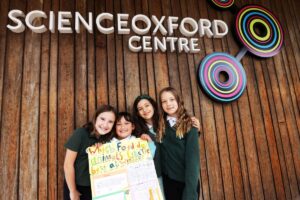Extreme Science at Cheltenham Science Festival
Thursday 14th July 2016
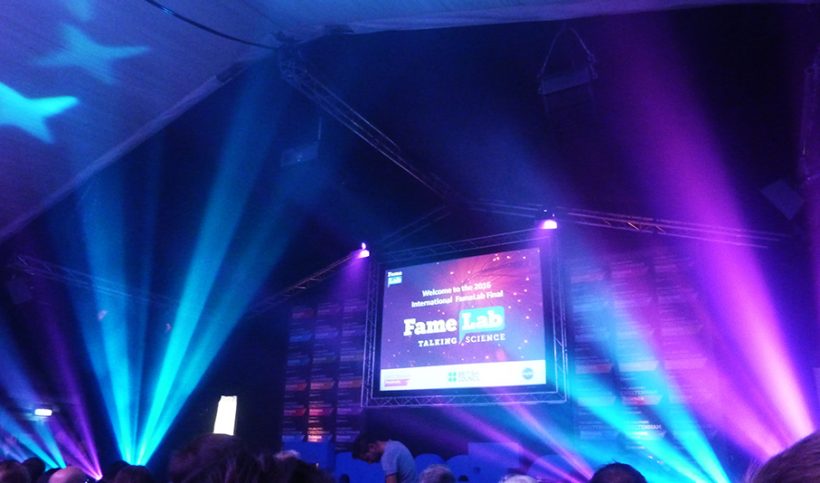
From ‘Extreme medicine’ to G-Astronomy, Science Oxford’s Rowena Fletcher-Wood practises her poker-face and shares a taste of this summer’s Cheltenham Science Festival.
“We have three support systems: our body, our planet and our civilisation”. At Cheltenham Science Festival 2016, we delved into all of them.
We challenged the limits of our bodies in extreme environments – exploring how high altitude mountaineers change their eating habits, how Antarctic scientists are at risk of serious depression, and how their experiences of isolation – cut off from medical resources for months of the year -are helping scientists to understand what astronauts go through in space.
We also looked deep inside our bodies, into our genetics. In Decoding the Immune System, researchers discussed how important it is to disentangle genetic differences to prepare medicines of the future and noted phenomena like the fact that people who suffer with allergies or autoimmune diseases are often the best at fighting off bugs and colds.
We challenged the limits of our planet to deliver the energy demands of our future, from biomass to photovoltaic solar cells, to nuclear to wind energy, and discussed just how much autonomy you should give your washing machine (deciding when is a good time to run). People are becoming more and more empowered to do something about our energy needs, from generating their own power (1%) to investing in science. 15 years ago, we heard, everyone at a renewable energy conference could fit into the upstairs room of a pub, and now it contributes 25% of all UK power.
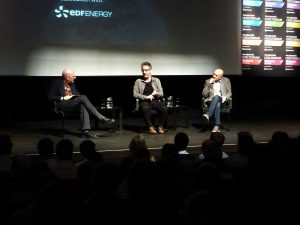
We extended thoughts about our planet to our universe – or is it universes?
In a quantum perspective, the many worlds theory might be cheap on assumptions, but it’s definitely expensive on universes. As Jim Al-Khalili pointed out, we can never fully understand quantum mechanics and general relativity until we can integrate them and understand them together.
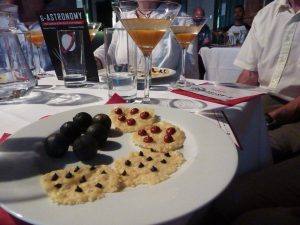
In G-Astronomy, we looked at universes in more detail, via the medium of chocolate.
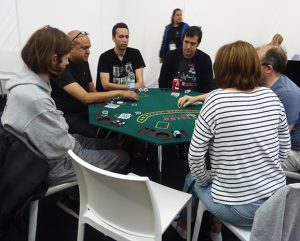
We challenged the limits of our civilisation and played it at poker…
…an increasingly challenging game as it grows in popularity and more good players emerge, players who know it’s not just maths, but also the ability to blag, bluff, and game-theory your way out of situations you can only judge probabilistically.
Is she lying to me? Very likely. But don’t be too certain – in general, people grossly overestimate their own ability to tell when someone is lying, and conceal their emotions. Women often do slightly better, using deliberately deceptive tactics – such as smiles – to mislead their opponents, whilst men are more likely to slip up.
We also peered into the future of healthcare, realising the power of politics in a world where no disease can ever be considered local any more, and sharing our resources could do more good than hoarding them. How very civilised.
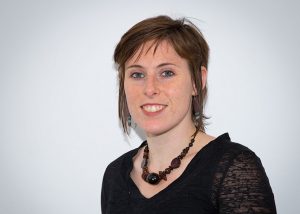 Rowena Fletcher Wood is the Adult Programme Delivery Officer at Science Oxford.
Rowena Fletcher Wood is the Adult Programme Delivery Officer at Science Oxford.
Rowena has a degree in chemistry and a PhD in environmental materials chemistry. She escaped academia to join Science Oxford in 2015, to focus on public engagement. She has been teaching science and maths since 2006 and organising science events since 2008, from the Oxford University Scientific Society to the Royal Society of Chemistry environmental chemistry group. Rowena now works with Luiza on Science Oxford’s adults events part-time, and also does “other stuff” that involves enthusing people about science. She particularly enjoys creating events that mix up science with arts or unexpected topics, and working with the Science Oxford’s SO Talented team of performers.
